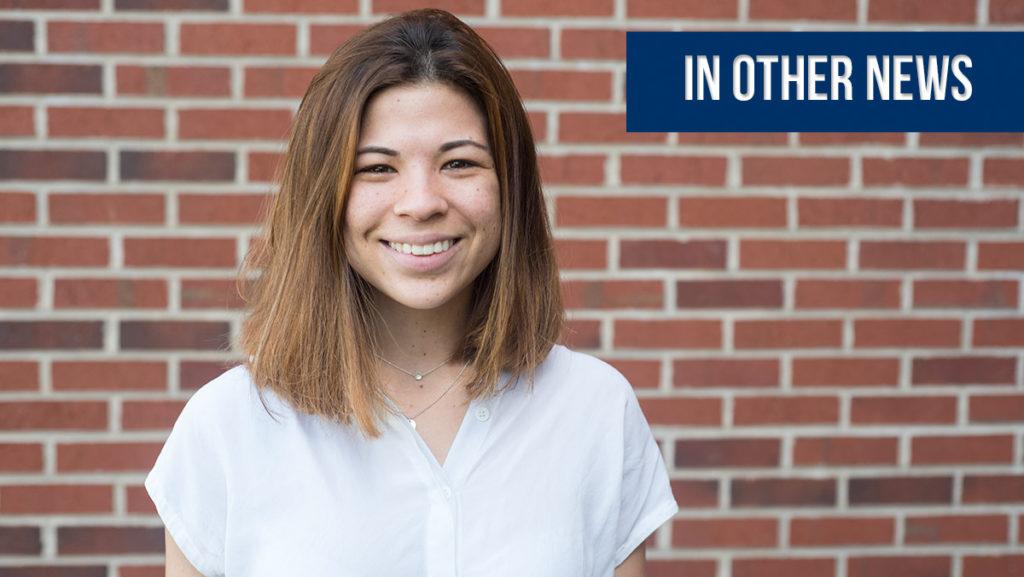“This is all because of Trump,” said a message in a group text as a reaction to the bombing of Port Authority this past Monday.
Akayed Ullah detonated an improvised device that was strapped to his body. He survived the explosion. Ullah said recent Israeli military action in Gaza was the reason behind his attack. Israel launched airstrikes against Gaza after rockets were launched out of Gaza towards Israel as a reaction to President Donald Trump’s boisterous need to proclaim Jerusalem as the capital of Israel.
Ullah’s action itself could have been incited by a series of events that began with Trump, but tensions between Palestine and Israel — and most tensions in the Middle East — have been brewing for decades due to U.S. foreign policy.
Blaming everything on Trump is unfair to neocolonial foreign policymakers who have worked hard to brew all the underlying tensions between the West and the Arab world. Trump has merely made these tensions public and exploited them with his loud comments. He has opted for public means of discrimination through his remarks and policies instead of the traditional diplomatic subtext of foreign policy decisions.
Since the creation of Israel, the U.S. has financially and militarily aided Israel as a commitment to foster democracy and economic growth in the region. As we have come to know, democracy for the U.S. seems to be fostered moreso by military aid than it is by actual economic and social means. Armed conflicts do make for a great excuse for military industries.
Although the U.S. may be trying to achieve peace, in a post-9/11 world, the narratives the U.S. has been pushing by grouping the Arab and Muslim world as a conglomerate of terror have been counterproductive to achieving peace. Political negotiations are one thing; social acceptance of the other is a completely different battle, a battle that has been largely manipulated to villainize Arabs or Muslims and, in effect, create radical reactions to difference and perpetuate harmful and violent tendencies.
Trump himself is merely a reaction to this social discourse. He is a reaction by part of the U.S. to its fear of brown people. He is working off of damaging stereotypes and a supremacist high. Before we blame Trump for any and all terror attacks, I think it is important to recognize that this fear, anger and tension between the Middle East and the U.S. has been stacking onto itself under people’s noses. Putting everything on the current president’s shoulder is an excuse for not realizing the continuous contribution the U.S. has had towards these tensions.




